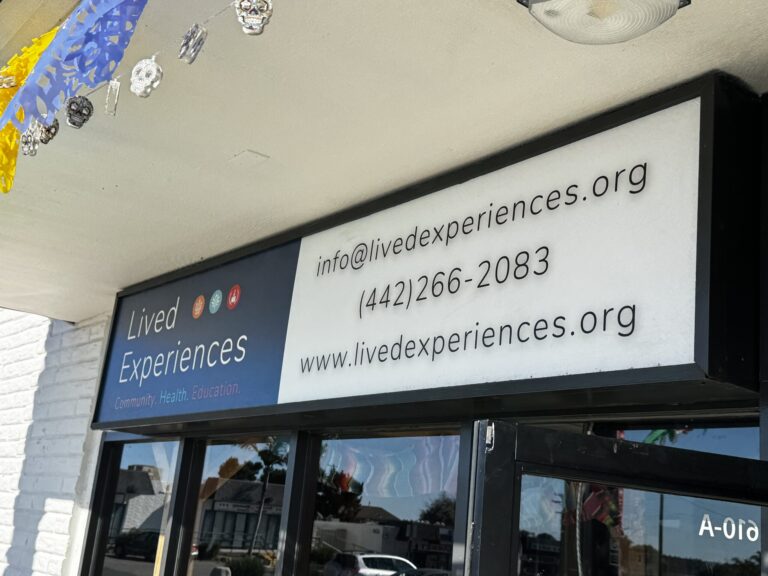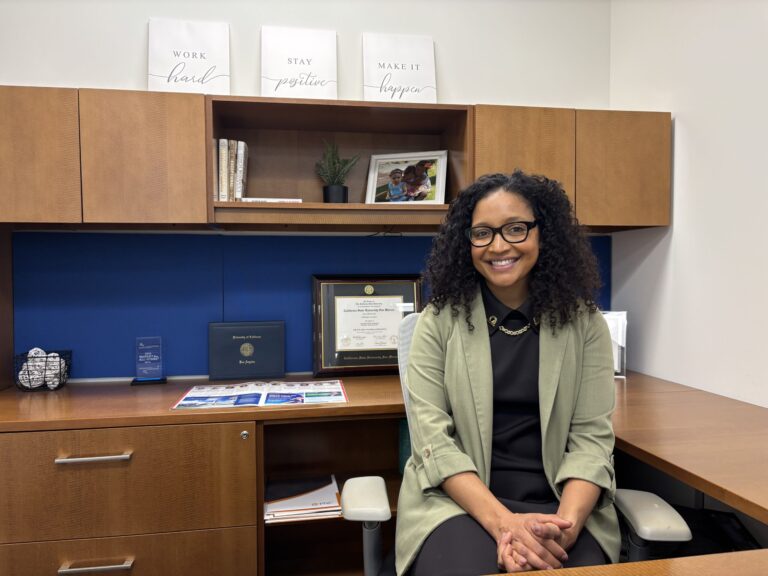By NCI
North County Informador is offering this two-part series to help you buy a home. Look for Part II in December.
Homebuying can be a stressful undertaking, especially in San Diego, where prices are so high. But specialists say you shouldn’t give up on the dream. “If you want to buy a home, but you assume you won’t qualify, it’s worth a closer look,” says Ana Padilla, Vice President, Senior Business Growth Strategy Consultant Wells Fargo Home Lending, Diverse Segments, San Diego and Riverside, CA, and Las Vegas, NV.
Data from the US Census project that more than one in four Americans will be Latinos by 2060, and this group is expected to drive 70% of new home ownership growth through 2040.

To join this group, Padilla says to remember that “purchasing a home is a significant investment and takes time. Taking time to understand the process and prepare your paperwork will make the process easier…Not all homebuying situations are alike, and complicated financial situations may require a little more legwork.”
It is imperative to understand US laws, says Zoraya De la Bastida, a realtor with eXp Realty. Don’t give money if you’re not clear about what is going on. She knows about a case where a woman lost $80,000 because she didn’t understand the laws and tried to buy home on her own.
The best way to protect yourself is to get professional help. “One of the most important things you can do is to enlist the help of a home mortgage consultant (who is bilingual, if needed) to discuss home financing options that may be the right fit for you as well as a local real estate agent who can help you understand what’s happening in the local housing market,” says Padilla.
Ana Patiño, a homeowner in Vista, remembers when her family first thought about purchasing the house. “After investigating, you get discouraged, so you stop talking about it,” she says. But then, her siblings went to an open house and met an agent. “You can do your searches online, but it’s different than having an actual real estate person telling you about it and getting you excited about it,” she says.
A real estate agent can help you come up with a strategy. They will also explain the benefits of home ownership, such as tax benefits, De la Bastida explains.
Meanwhile, it’s important to know what kind of payment you can manage so that you’re buying in a price range that is comfortable for you, Padilla notes. “It’s easy to get emotional about a home and want to buy at all costs, but keep the focus on the smart financial decisions you’ve made about budget and manageable payments.”
She says to think about buying a home as a series of financial tradeoffs you will need to make. “Most people don’t get their dream home right out of the gate. It’s usually a discussion of what’s the best possible home I can buy based on the budget I have.”

Financial Homework
One of the most important factors when buying a home is understanding finance so you can get a good mortgage. “I’ve had customers who didn’t know what was in their credit report and are surprised at what we find,” says Padilla.
Patiño also mentions the importance of good credit. “That’s another measurement to see how stable your finances are.” If your credit is not so good, talk to a financial advisor right away to start improving it and working toward eventually buying that home.
Income is another factor, but Padilla says not to assume it has to be high. “The key is demonstrating your ability to repay the loan,” she explains. “Lenders look at a variety of factors, including your income, assets, the percentage of your monthly income that goes to debt payments, credit history, credit scores, and the amount of the loan compared to the value of the property.”
To get help with these financial matters, the best option is to talk with mortgage lenders and find one that makes you feel comfortable.
“You can work with a lender online or face-to-face,” says Padilla. “Work with a trusted lender who will take the time to guide you through the process. Don’t be afraid to shop around for a full-service provider who can offer guidance.”
Patiño also suggests looking for the right people to help you. “Don’t depend on one person’s opinion. Talk to other people who have gotten a home. Even with this economy, homebuying is still a possibility,” she says.
Tips from Ana Padilla at Wells Fargo Home Lending
- Understand what’s in your credit history so you’re realistic while shopping for a home. One late payment in your past can affect your credit score, which can affect your interest rate or the amount you can borrow.
- Get prequalified with a lender to determine your price range.
- Check your credit report regularly to reveal any errors so you can get them corrected. Once a year, you can get a free copy of your credit report from each of the three credit bureaus at www.annualcreditreport.com. More and more financial institutions are also providing credit scores to customers.
- Look for a lender who has a breadth of products and services and can offer the right options for your situation, as well as the convenience of digital tools.
- Talk with your home mortgage consultant about your goals and what financial options might work best for you. Are you looking for the lowest possible payment or is your biggest concern the lowest possible closing costs?




